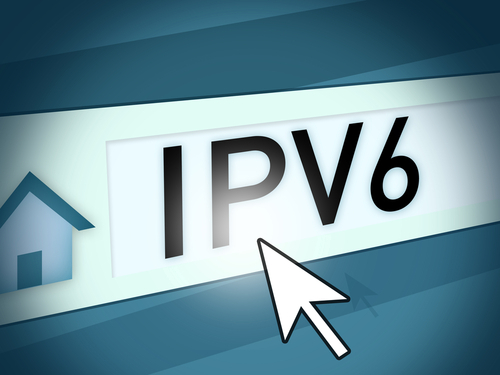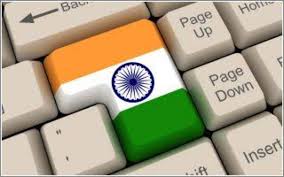The government today said it expects that by December this year all its websites will move to the latest format of Internet addressing system – IPv6.
Every device on the computer network is assigned an internet protocol (IP) address, which is a numerical address that is its identity and forms the basis of Internet communication.
At present, the websites run on IPv4. “IPv6 is designed to handle security issues better… All government websites will be IPv6-compatible by December this year. For the country as a whole, the roadmap for transitioning to IPv6 is by 2020,” Telecom Secretary R Chandrashekhar told reporters here at the function marking World IPv6 Launch Day.
At present, most devices globally are running on the 27-year old ‘IPv4’, which uses 32-bit addresses limiting the IP address space to about 4.3 billion possible unique addresses.
However, IPv6 will use 128-bit addresses, thereby making available in almost infinite pool of such unique IP addresses.
Internet Protocol Security (IPSec) is part of the IPv6 base protocol suite and supports end-to-end security, authentication and non-repudiation (a service that provides proof of the integrity and origin of data), thereby simplifying total security into applications.
To address the various problems being faced by the stakeholders regarding IP address allocation from Asia-Pacific Network Information Centre (APNIC – which allocates IP numbers in the Asia Pacific region), the National Internet Registry ( NIR) has been approved to allocate IPv6 addresses in India.
This will ensure a systematic approach to cater to all future requirements in the country.
Source: Economic Times











